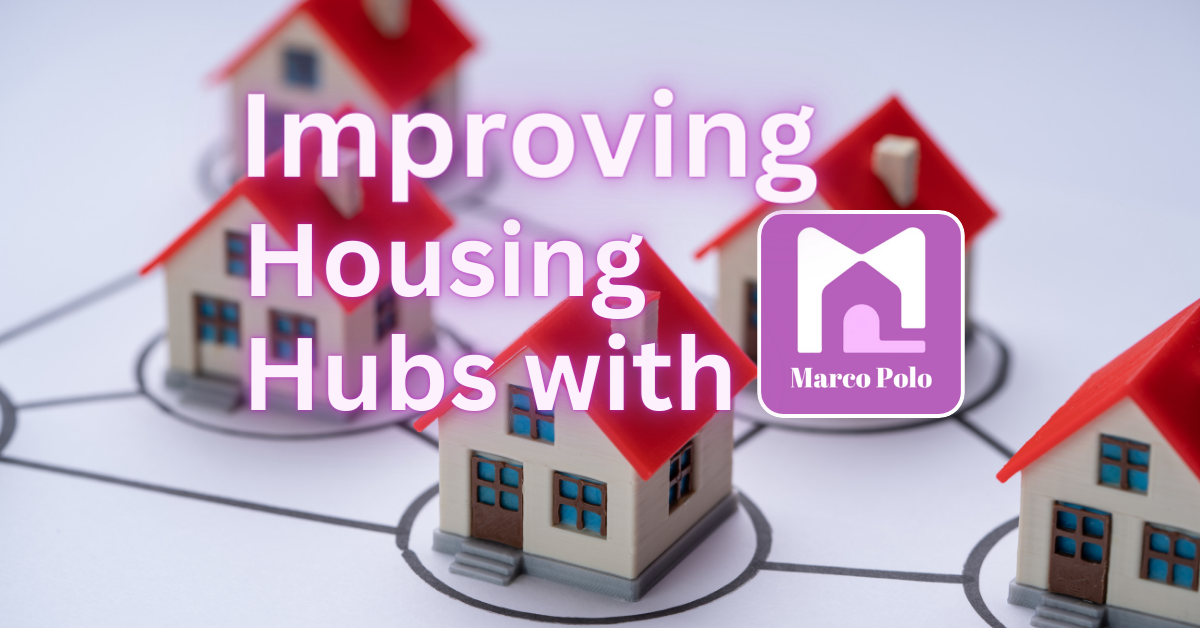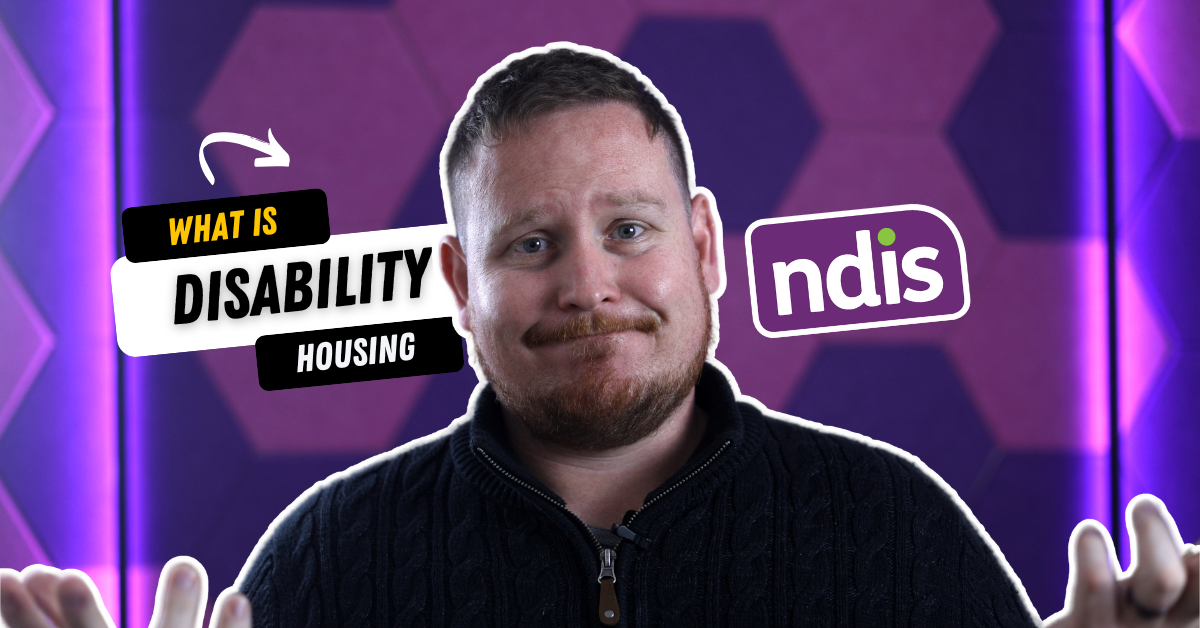How Housing hubs make it easier to use your ILO package
Individualised Living Options (ILO) represent a progressive approach within the National Disability Insurance Scheme (NDIS), offering participants the flexibility to live in a way that best suits their individual needs and preferences. Central to making ILO successful are housing hubs, which provide the necessary infrastructure and community connections to support independent living. Unlike traditional models, ILO emphasizes choice and control, enabling people with disabilities to live independently while accessing tailored support.
Understanding Individualised Living Options (ILO)
ILO offers a range of living arrangements tailored to the participant’s needs. This can include living alone with support, co-residency with a housemate, or living with a host family. The primary goal of ILO is to empower participants to design their living arrangements, ensuring they have the support they need to live independently.
Key Features of ILO:
- Flexibility: Participants can choose from a variety of living arrangements that best meet their needs.
- Control: Individuals have significant control over their support arrangements and daily routines.
- Customization: Support services are tailored to the participant’s specific requirements, ensuring a personalized approach.
The Role of Housing Hubs in ILO/SIL
Housing hubs play a critical role in the success of ILO by serving as centralized points of access for resources, support services, and community connections. These hubs facilitate the sharing of supports and resources, making it easier for individuals to live independently.
Benefits of Housing Hubs:
- Centralized Resources: Housing hubs provide a single point of access for all housing-related needs, including finding accommodations and accessing support services.
- Enhanced Support: They offer comprehensive support services, making it easier for participants to manage their independent living arrangements.
- Community Building: Housing hubs foster a sense of community by connecting individuals with similar needs and interests, promoting social inclusion and mutual support.
Housing Hubs in Each State
Each state in Australia has its own housing hubs, designed to cater to the specific needs of their local communities. These hubs play a crucial role in supporting ILO by facilitating connections and sharing resources.
- Housing Hub QLD: Supports NDIS participants across Queensland, providing access to resources and facilitating community connections. There are also regional areas like Housing Hub Toowoomba
- Housing Hub Victoria: Serves the Victorian community with centralized resources and support for independent living.
- Housing Hub NSW: Provides comprehensive support to NDIS participants in New South Wales, ensuring they have access to suitable housing and quality support services.
- Housing Hub WA: Supports the Western Australian disability community with a range of housing options and connections to support providers.
- Housing Hub SA: Assists NDIS participants in South Australia with finding appropriate housing and accessing necessary support services.
- Housing Hub TAS: Offers tailored support to the Tasmanian disability community, helping participants navigate the housing market and find compatible living arrangements.
- Housing Hub NT: Provides resources and support to NDIS participants in the Northern Territory, ensuring they have access to suitable housing and support services.
- Housing Hub ACT: Serves the Australian Capital Territory by providing centralized access to housing options and support services for people with disabilities.

Marco Polo: Innovating the Housing Hub Concept
Marco Polo enables you to maintain choice and control in a housing hub by allowing you to get to know your neighbours prior to moving in. This approach helps you create a community before committing to a housing hub, ensuring you feel comfortable and supported in your new living arrangement. By fostering these connections and providing transparency, Marco Polo empowers participants to live independently while still benefiting from a supportive and integrated community.
How Marco Polo Enhances ILO:
- Participant Empowerment: Marco Polo allows participants to choose their living arrangements and support providers, giving them greater control over their living situation.
- Efficient Matching: The platform uses sophisticated algorithms to match participants with suitable housemates and providers, ensuring compatibility and reducing conflicts.
- Supportive Community: By fostering connections between participants, Marco Polo creates a supportive community where individuals can share experiences and support each other.
- Streamlined Processes: The platform simplifies the administrative processes involved in ILO, reducing the burden on support coordinators and providers.
Why Marco Polo Stands Out:
- User-Centric Design: The platform is designed with the user in mind, ensuring ease of use and accessibility.
- Ethical Providers: Marco Polo vets all providers to ensure they meet high standards of care and support.
- Innovation and Reliability: Combining cutting-edge technology with reliable service delivery, Marco Polo sets a new standard in the disability housing market.
Conclusion
Individualised Living Options (ILO) are a vital component of the NDIS, helping people with disabilities live independently while accessing the support they need. Housing hubs play a crucial role in facilitating ILO by providing centralized resources, fostering community connections, and supporting the sharing of resources. Marco Polo takes the housing hub concept to the next level by offering a participant-centric platform that empowers individuals, enhances matching processes, and fosters a supportive community. By integrating technology and ethical practices, Marco Polo is not only revolutionizing the disability housing market but also setting a new standard for inclusive, participant-driven support services.
For more information on how Marco Polo can help you or your loved ones achieve better living arrangements through ILO, visit Marco Polo’s website.


